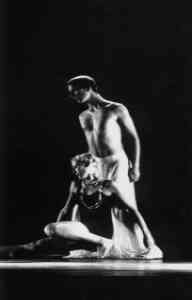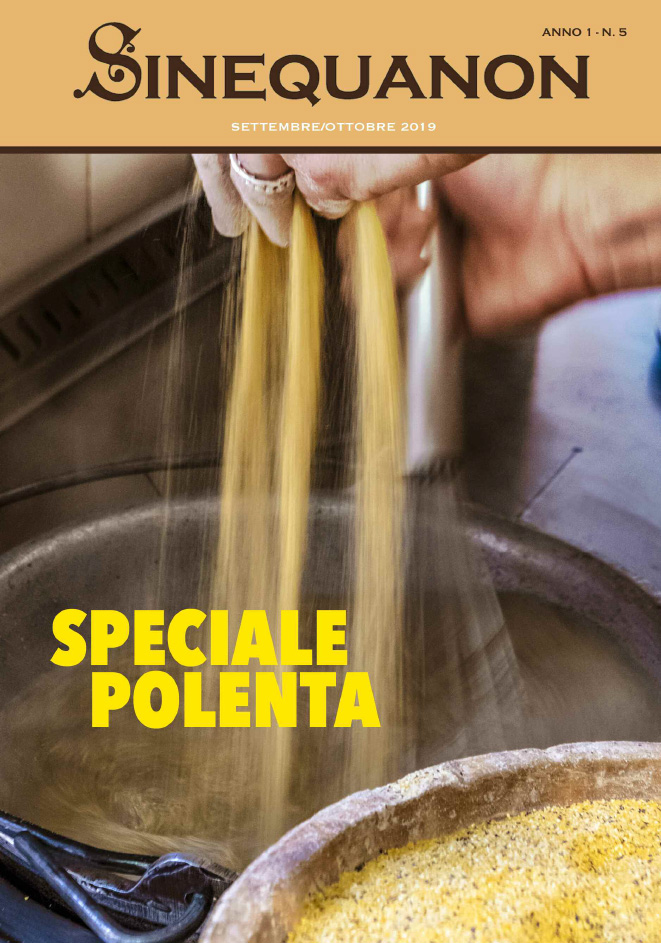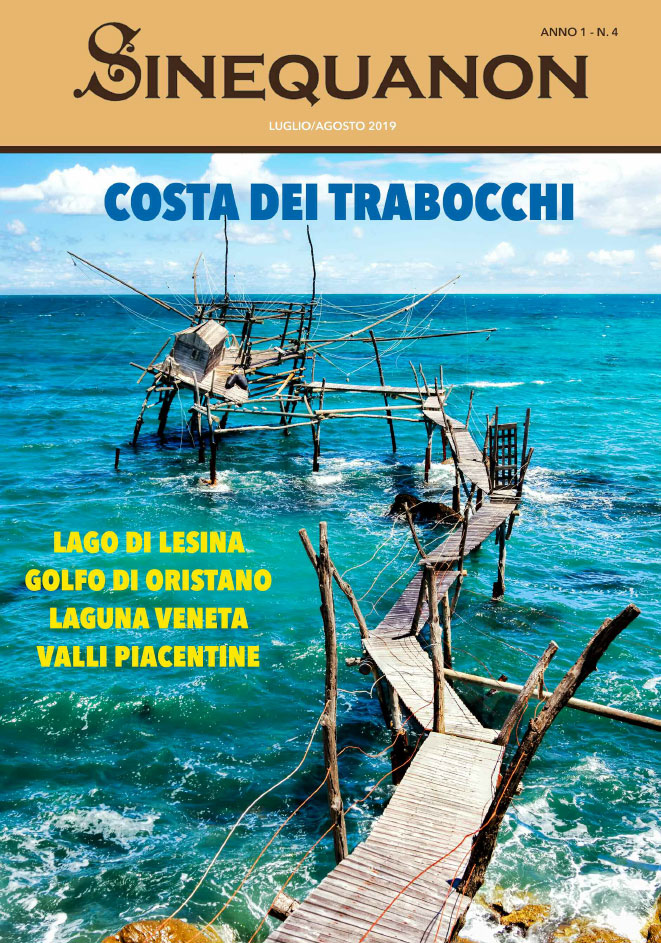by Massimo Berti
Choreography by Caterina Figaia
with Franco Morelli, Caterina Figaia and Eugenio Dura
The genius of Henry Purcell, one of the greatest English composers, along with Benjamin Britten, infuses the sacred and dream-like tones of the national debut of Era, anxiously awaited at the Teatro Comunale Chiostro di Sant’Agostino in Pietrasanta, 24 January after its success last year on July 22.
The choreographer, Caterina Figaia, protagonist in Era along with Franco Morelli and Eugenio Dura, modeled the dance on a complicated interweaving of three feminine figures from the major operas of Purcell.
Composer for royal orchestras from 1677, Henry Purcell created an impressive series of odes for every type of royal ceremony and celebration.
One of the pieces favored by the artist was the ode for St. Cecilia’s day, which was performed November 22 last year at the Chiesa dei Santi Vitaliano ed Enrico in Caserta.
His institutional chores did not impede him from dedicated himself to his biggest passion – sacred music and the theater.
The characters of Era come from the masterpieces created by these grand passions.
Dido and Aeneas, from 1689, is one of these. This opera is entirely sung, and broke the rules for English lyricism of the time. The singer has to fill only the spaces left empty for scene changes. This opera is among the most beautiful ever written by an English composer.
Thanks to a passionate and expressive melody that weaves through the songs, choruses and dances, and notwithstanding the brevity of the work, Purcell managed to characterize fully the pain and tragedy of the protagonist, Dido, who represents the archetype of abandonment, who chooses to abandon and be abandoned.
The figure of Emmeline, who is blind and unable to express herself until the magician Osborne shows her how comes from the opera King Arthur, written in 1691.
Titania, from Fairy Queen of 1692, is Purcell’s version of the Shakespearean character from A Midsummer’s Night Dream. She is the queen of the unreal, confused by the emotions that surround her, but happy, nonetheless.
The confrontation of the state of life, the mechanisms of defense, and personal attachments with the human psyche enrich the multi-faceted show. Era represents both a Greek goddess, strong and hot-tempered, and an autobiographical memory, a period lived, not to cancel out, but from which to begin again.
The performance makes one reflect on the enormous human potential for destruction and creation – a necessary understanding for the transformation.
Season tickets not valid for the Dance season.




